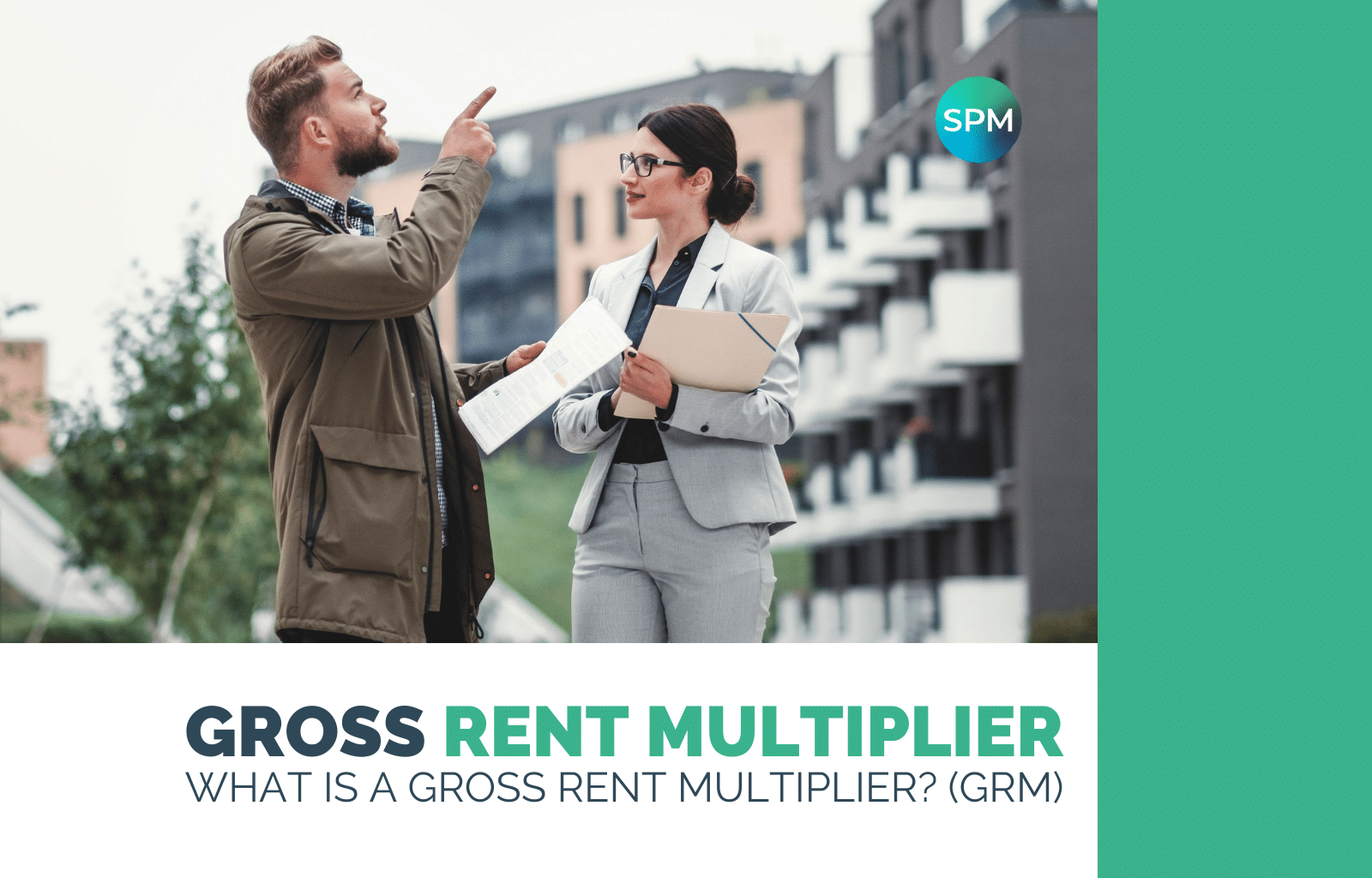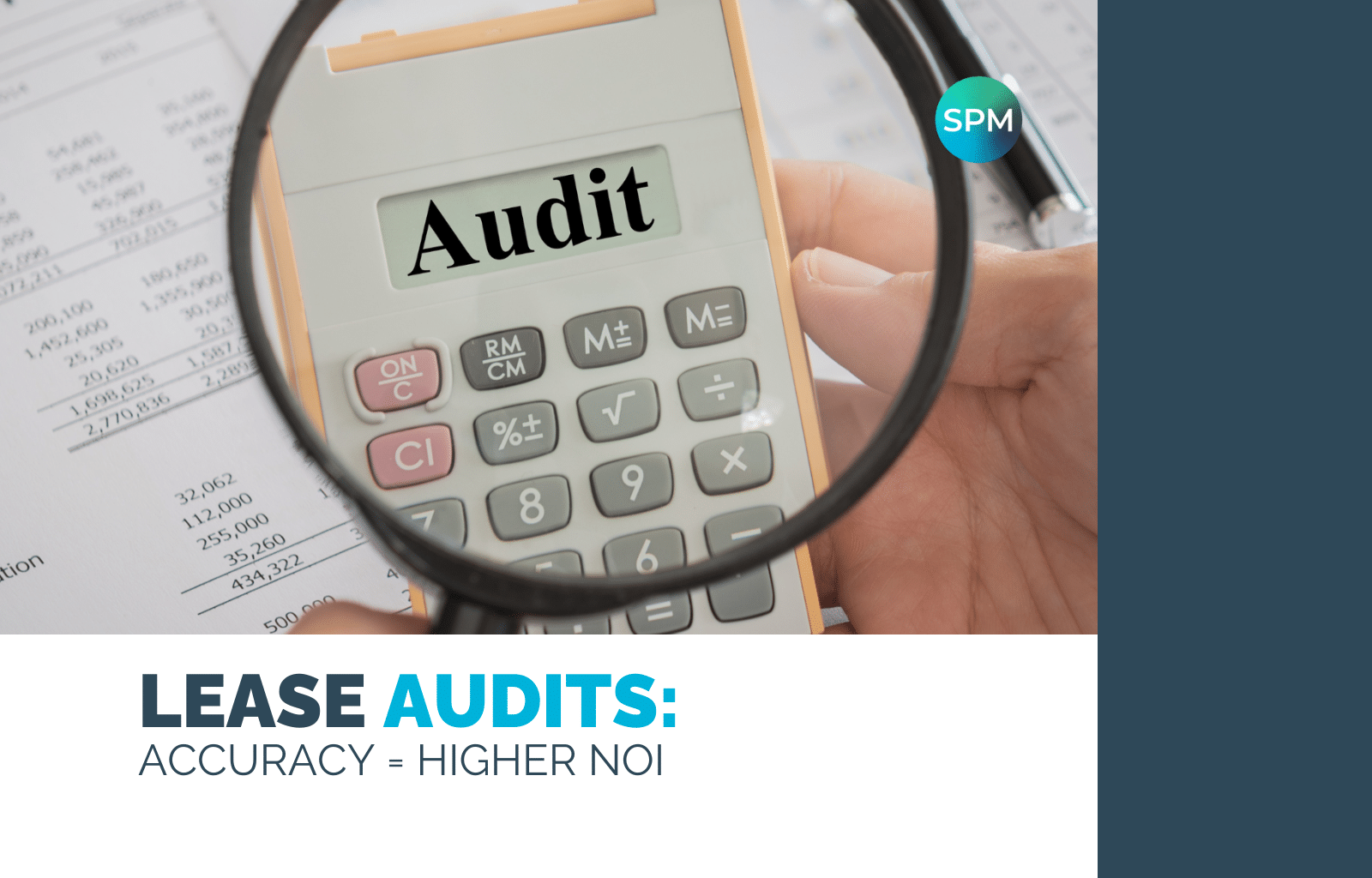Gross Rent Multiplier
Imagine you are a multifamily property investor; you have your eyes set on two similar properties with almost identical attributes and in a similar location. One has 20 residential units, and the other has 30 units, so which one do you invest in?
When considering investing in a property, one must consider numerous factors to make a sound decision. One of the uses for the gross rent multiplier is to get an initial feel for whether an asking price for a multifamily property is reasonable.
To better understand gross rent multiplier and its uses, read on!
What is a Gross Rent Multiplier (GRM)?
The GRM helps investors estimate the value of an income-producing property. The gross rent multiplier formula is,
GRM = Selling Price/Gross Annual Rent
It is calculated by dividing the property’s potential selling price by its gross annual estimated rent. GRM is only useful as a screening metric when comparing properties in the same market. It is only assessing the property at a very high level from an income perspective only. Its common premise is an investor would not pay a higher GRM for a similar property to those that have recently sold.
Rental apartment investors start with GRM to determine if the asking price is in the right ballpark and they then generally proceed to capitalization rate analysis, and some form of internal rate of return analysis each of which takes a deeper dive into a potential investment.
You can reverse the gross rent multiplier formula by understanding where the gross rent multiplier for similar recently sold properties has traded and multiplying it by the estimated gross annual rent to come up with a potential property value. It would look something like this,
Selling Price = GRM x Gross Annual Rent
For example, if the annual rent of a property is $100,000 and the market’s average GRM is 7; we can estimate the property value at $700,000.
How is the Gross Rent Multiplier Calculated?
Anyone can use a gross rent multiplier calculator to find GRM but using the gross rent multiplier formula is fairly straightforward. For example,
A property owner sells a property for $1,000,000, and the gross annual rent from the property is $100,000.
GRM = Selling Price/Gross Annual Rent
GRM = $1,000,000/$100,000 = 10.
Calculating the GRM is the easiest way to get an initial feel for the value of an income-producing multifamily property.
A variant of gross rent multiplier (GRM) is gross income multiplier (GIM), it incorporates all income sources including non-rental income sources such as parking, storage, utility income, etc.
Indirect Benefits of Assessing the Gross Rent Multiplier (GRM)
One of the prominent benefits of the gross rent multiplier is it causes you to conduct a rental market analysis to understand how the potential investment rents compare to comparable properties in the market. This will inform you if there is an opportunity to increase rents.
How Does the Gross Rent Multiplier Benefit Investors?
If assessing the Gross Rent Multiplier (GRM) identifies an opportunity to increase rents and you purchase the property. Your next action is going to turn to develop an operating plan. A reliable property management team like Summerfield Management can help you achieve that end. Growing income and more importantly net operating income increases value. Aligning yourself with the right property management firm can go a long way to achieving such.
Gross Rent Multiplier: Conclusion
Calculating a gross rent multiplier before making an investment decision is good initial step but it should not be the only thing you do before investing. Investors must analyze the property to assess condition, vet market stability, and calculate other significant metrics such as capitalization rate and internal rate of return prior to making a final investment decision.
If you own an apartment rental property that is 75 units or greater in size and are looking for a property management firm to partner with to help achieve your investment goals, consider partnering with Summerfield Management. We are one of the leading property management companies in the US, with years of expertise in managing multi-family properties.
Gross Rent Multiplier: FAQs
Q: Which property type is the use of gross rent multiplier most appropriate?
A: It is best used for residential income property.
Q: What is gross rent?
A: The total annual expected rent for the year for a property.
Q: What is better, a higher or lower gross rent multiplier?
A: A lower GRM corresponds with a lower property value but it does not necessarily mean the lower the price the better the investment opportunity. As we have said a lot more needs to be considered than just GRM when making investment decisions.










